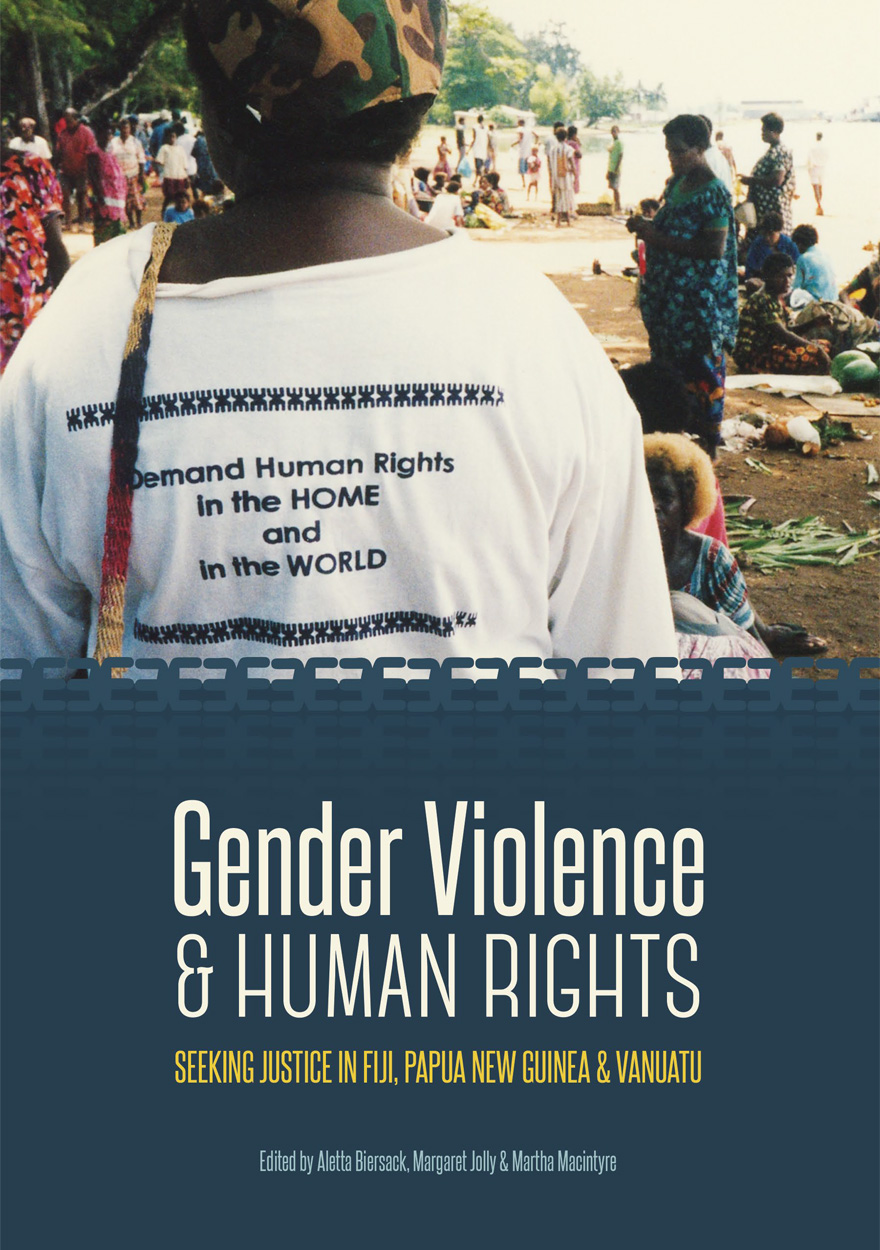Seeking Justice in Fiji, Papua New Guinea and Vanuatu
Publication date: December 2016
The postcolonial states of Fiji, Papua New Guinea and Vanuatu operate today in a global arena in which human rights are widely accepted. As ratifiers of UN treaties such as the Convention on the Elimination of All Forms of Discrimination against Women and the Convention on the Rights of the Child, these Pacific Island countries have committed to promoting women’s and girls’ rights, including the right to a life free of violence. Yet local, national and regional gender values are not always consistent with the principles of gender equality and women’s rights that undergird these globalising conventions. This volume critically interrogates the relation between gender violence and human rights as these three countries and their communities and citizens engage with, appropriate, modify and at times resist human rights principles and their implications for gender violence. Grounded in extensive anthropological, historical and legal research, the volume should prove a crucial resource for the many scholars, policymakers and activists who are concerned about the urgent and ubiquitous problem of gender violence in the western Pacific.
‘This is an important and timely collection that is central to the major and contentious issues in the contemporary Pacific of gender violence and human rights. It builds upon existing literature … but the contributors to this volume interrogate the connection between these two areas deeply and more critically … This book should and must reach a broad audience.’
— Jacqui Leckie, Associate Professor, Anthropology and Archaeology, University of Otago
‘The volume addresses the tensions between human and cultural, individual and collective rights, as played out in the domain of gender … Gender is a perfect lens for exploring these tensions because cultural rights are often claimed in defence of gender oppression and because women often have imposed upon them the burden of representing cultural traditions in attire, comportment, restraint or putatively cultural conservatism. And Melanesia is a perfect place to consider these gendered issues because of the long history of ethnocentric representations of the region, because of the extent to which these are played out between states and local cultures and because of the efforts of the vibrant women’s movements in the region to develop locally workable responses to the problems of gender violence in these communities.’
— Christine Dureau, Senior Lecturer, Anthropology, University of Auckland




